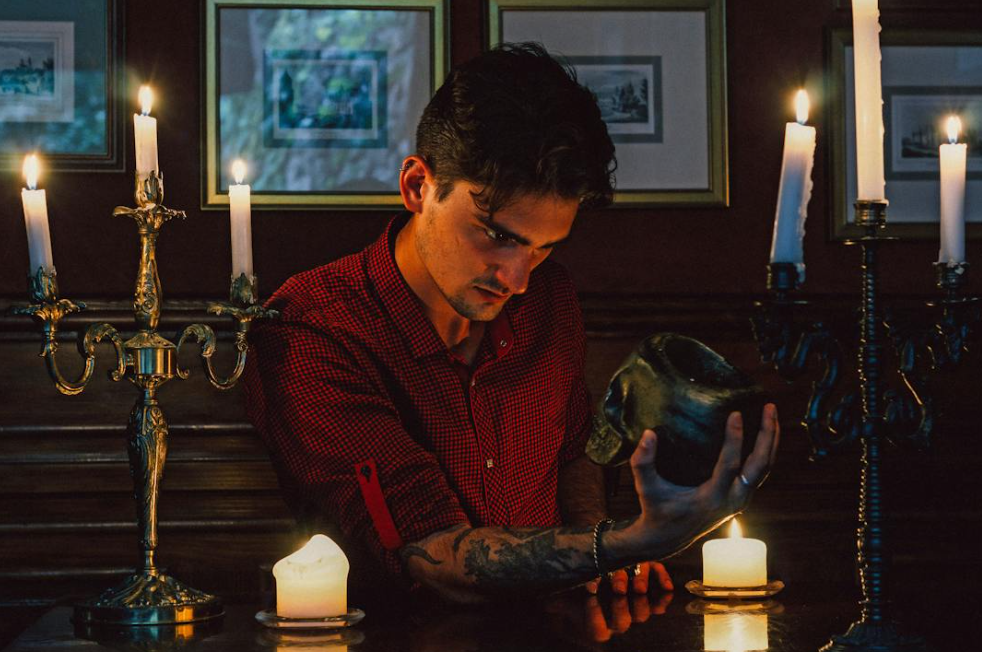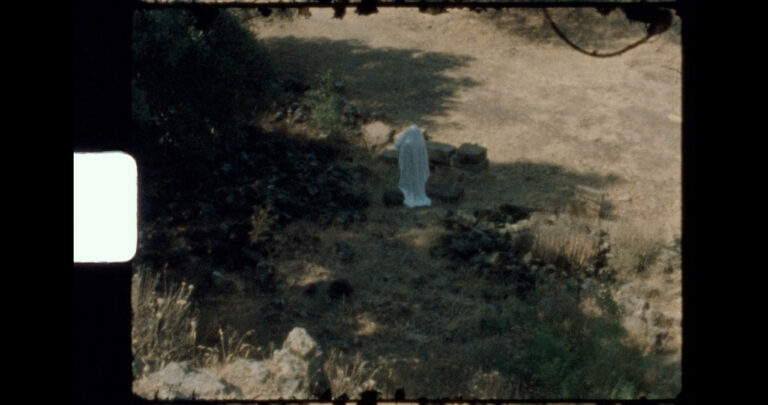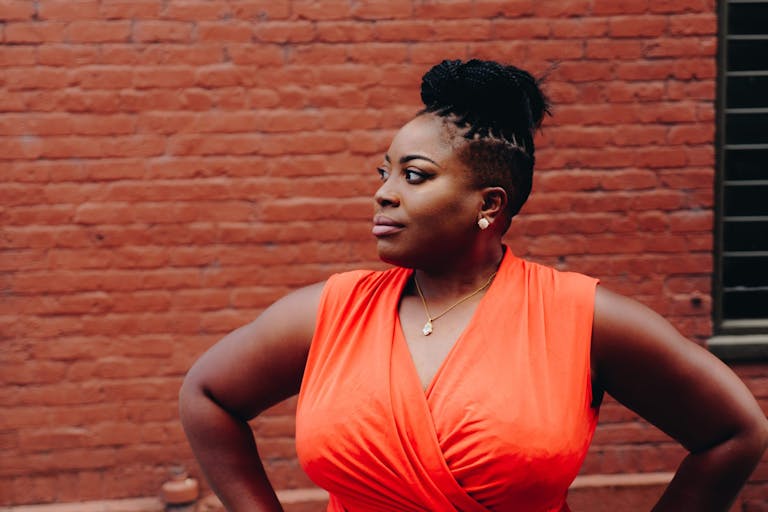Emcees at Elsinore: Hamlet, Tupac, and the Age-Old Crisis of “Self-Slaughter”
Warning: The following article directly addresses the topic of suicide and suicidal ideation.
I guess it seems tacky to compare Shakespeare to hip-hop (unless you are Lin Manuel Miranda, the playwright whose Broadway phenomenon “Hamilton” expertly melded rap and theater), but in the interest of April- National Mental Health Awareness Month- it seemed pertinent to do so.
What do wordsmiths Tupac Shakur and William Shakespeare have to do with mental health? Both open verses with allusions to suicide/suicidal ideation.
Most people are undoubtedly familiar with the timeless, world-famous “to be or not to be” soliloquy from “Hamlet.” The melancholic Danish prince, seeking to avenge his father’s murder, is paralyzed by the existential freedom of choice and contemplates mortality. Given the multitude of unpredictable sorrows a person is likely endure, is it better to be dead? Hamlet points out the obvious “rub”-that life’s “slings and arrows” are preferable to the uncertainty of “what dreams may come” beyond the grave. “Thus, conscience does make cowards of us all,” the protagonist concludes.

Many Shakespearean critics have questioned whether Hamlet is actually contemplating suicide or just ruminating on the mystery of death and questioning the point of any actions we do or do not take. Either or both may be the case. That being said, Hamlet is written as a deeply despondent individual who frequently waxes philosophical on dark, morbid matters (his famous monologue to the skull of Yorick in the play’s final act is one such other example). According to modern psychiatrists, even a cluster of such thought patterns can on its own serve as a red flag.
Let’s now jump 400 years into the future. Tupac Shakur- named after the famous 18th century Incan leader- is widely regarded as one of the best rappers of all time. Born in New York in 1971, Tupac was an eclectic artist who studied jazz, theater, ballet, and poetry during his youth. Tupac, who was good friends and was likely smitten with Jada Pinkett (long before Will Smith), wrote poems about her while attending school in Baltimore. Tupac didn’t write hundreds of sonnets, but he did act in various Shakespearean productions.
Tupac moved to the San Francisco Bay Area in the late 1980s. He adopted the stage name MC New York and joined a group called the Digital Underground. Over the years, he wrote and produced numerous successful albums, including 2Pacalypse Now and All Eyez on Me, and hits, including “Brenda’s Got a Baby” and “When We Ride on Our Enemies.” His songs were violent, fun, poignant, political, and socially relevant. The plights of struggling, low-income communities, police brutality, and systemic racism were frequent song topics.

Then in 1998 (two years after he was murdered via drive-by gunfire outside a Las Vegas arena) a posthumous rendition of Bruce Hornsby and the Range’s 1986 “The Way It Is” hit the airwaves. “Changes,” a radio hit, addressed various issues at the time affecting the young black/African-American community (including drugs and poverty). However, Tupac’s “Changes” intro highlights another issue that has not only been notably overlooked in modern society, but especially in the black/African American community- mental health.
Tupac essentially opens with his own “to be or not to be.” “Changes” itself doesn’t deal with the mystery of death, but it does address feelings of hopelessness, both at the level of the individual and the community (“that’s just the way it is” is a frequent refrain in the song’s chorus). Was Tupac depressed and/or suicidal? Not that I’m aware. I never met the guy and he died when I was 8 years old. But he could have been. Tupac was an artist, and- given their high levels of openness- many artists tilt in that direction (even rich, famous, and successful ones like Robin Williams and Kurt Cobain).
“I see no changes, wake up in the morning and I ask myself- Is life worth livin’? Should I blast myself?”
So given how rigorously rap songs are scrutinized for violent lyrics, why would an explicit allusion to suicide pass so easily under the radar? Sadly, one reason may undoubtedly be racism and/or the historical impact of racism in the United States. Another reason may be the general unease people have had with the topic of mental health and/or suicide. Remember, “Changes” was released in 1998, and even 25 years later, stigma still surrounds the issue. The Covid-19 pandemic helped shed light on the concern, and recently the cast of “Ted Lasso” addressed it during a White House press briefing. But it’s still worth emphasizing the importance of.
In closing though, while putting your thoughts to pen and paper is healthy, if you are feeling and/or contemplating suicide, do talk to someone. The U.S. National Suicide Prevention Lifeline- 800-273-TALK (8255)- is free, confidential, and available 24/7.
Discover more from DG Speaks
Subscribe to get the latest posts sent to your email.






